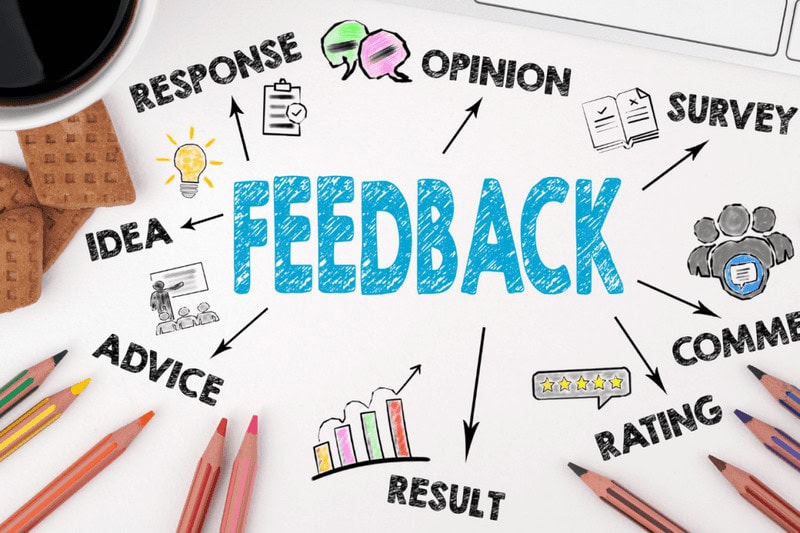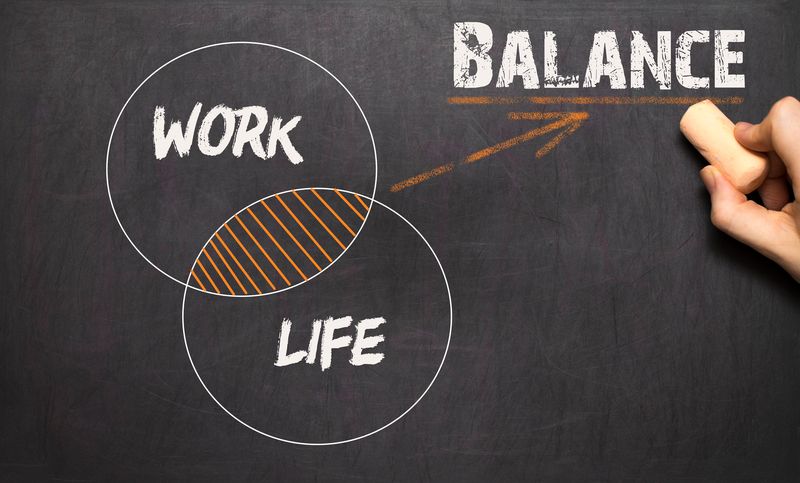Navigating the workplace as a millennial comes with its own set of challenges and intricacies. While millennials bring fresh perspectives and digital fluency, certain habits that have seeped into their professional lives can hinder productivity.
The millennial generation, often seen as tech-savvy and innovative, may inadvertently carry behaviors into the workplace that don’t align with high productivity standards. Understanding these habits is essential for both employees and employers to create a synergistic and efficient work environment. This article delves into these habits, exploring how they manifest in daily work routines and offering insights for improvement.
1. Constant Multitasking

Multitasking is often perceived as a skill, but it can lead to inefficiency. Splitting focus across tasks can decrease the quality of work.
Millennials, raised in the digital age, may feel the need to handle several things simultaneously. This habit can result in mistakes and overlooked details.
To combat this, prioritize tasks and focus on one at a time. Implementing time blocks can enhance concentration and productivity, ensuring each task receives the attention it needs.
2. Over-reliance on Technology

Millennials grew up with technology, leading to an over-reliance that can affect productivity. They might resort to digital tools unnecessarily, even when a simple face-to-face chat is more effective.
This dependency can stall creativity and problem-solving. Encouraging interpersonal communication and occasional tech-free brainstorming can inspire creativity.
Finding a balance between technology use and human interaction can lead to more innovative solutions and improved workplace relationships.
3. Avoiding Direct Communication

Digital communication is convenient but can lead to misunderstandings. Millennials may opt for emails or messages instead of direct conversations, missing out on immediate feedback.
This habit can foster miscommunication and prolonged discussions. Encouraging direct communication for complex issues can ensure clarity.
Face-to-face interactions or quick calls can be more effective, helping to build stronger professional relationships and resolve issues swiftly.
4. Flexible Work Boundaries

The rise of remote work has increased flexible schedules. While appealing, it may blur lines between work and leisure, affecting productivity.
Millennials, valuing work-life balance, might struggle with setting boundaries, leading to burnout. Establishing clear work hours and spaces can help maintain focus.
Developing a routine that separates work from personal time can enhance efficiency, ensuring that both areas receive adequate attention and energy.
5. Procrastination Patterns

Procrastination can be a significant hurdle. Millennials, accustomed to instant gratification, may delay tasks in favor of more enjoyable activities.
This habit can lead to stress and rushed work. Setting deadlines and using tools like planners can help manage time effectively.
Breaking tasks into smaller, manageable parts can reduce overwhelm, making it easier to tackle responsibilities promptly and efficiently.
6. Seeking Constant Feedback

Feedback is vital, but seeking it too frequently can stall progress. Millennials, used to social media validation, might have a habit of constantly seeking approval.
This can lead to delays in decision-making and project completion. Encouraging autonomy and trust in one’s abilities can enhance confidence.
Setting specific feedback intervals can optimize productivity, allowing tasks to progress without unnecessary interruptions.
7. Resistance to Hierarchical Structures

Millennials often prefer flat organizational structures, which can clash with traditional hierarchies. This resistance can hinder collaboration and understanding.
Adapting to existing structures while voicing ideas respectfully is key. Understanding the value of hierarchy can enhance teamwork.
Balancing respect for structure with innovative thinking can foster a harmonious and productive work environment.
8. Overemphasis on Work-life Balance

Work-life balance is crucial, but overemphasis can sometimes impact work commitments. Millennials value this balance, but it should not overshadow responsibilities.
Prioritizing tasks and understanding work demands are essential. Flexible schedules should still align with work goals.
Finding equilibrium between personal time and work duties can ensure that neither is compromised, supporting overall productivity and satisfaction.
9. Informal Workplace Attitude

Casual attitudes can enhance creativity but may disrupt professionalism. Millennials often favor relaxed work environments.
Maintaining professionalism while enjoying flexibility is crucial. Dressing and communicating appropriately can uphold professional standards.
Balancing informality with professionalism ensures respect is maintained, enhancing credibility and workplace dynamics.
10. Avoiding Long-term Commitments

The gig economy appeals to millennials, offering flexibility but often short-term roles. This can hinder long-term career development.
Exploring stable opportunities and committing to roles can provide growth and stability. Long-term planning is beneficial.
Balancing short-term gains with future aspirations can pave the way for sustainable career growth and fulfillment.
11. Preference for Collaborative Work

Collaborative work is valuable, but reliance on group consensus can stifle individual initiative. Millennials often thrive in teamwork but might avoid solitary tasks.
Encouraging self-driven projects can boost confidence and innovation. Balancing collaboration with independent work is crucial.
Fostering a culture of individual contribution alongside teamwork can enhance personal and collective productivity.
12. Frequent Use of Social Media

Social media offers connectivity but can be a distraction. Millennials, adept at navigating these platforms, might spend excessive work time online.
This habit can reduce focus and efficiency. Setting boundaries for social media use during work can help maintain productivity.
Encouraging breaks without digital distractions can refresh the mind, allowing for more effective work sessions.

Well, hello there!
My name is Jennifer. Besides being an orthodontist, I am a mother to 3 playful boys. In this motherhood journey, I can say I will never know everything. That’s why I always strive to read a lot, and that’s why I started writing about all the smithereens I came across so that you can have everything in one place! Enjoy and stay positive; you’ve got this!

